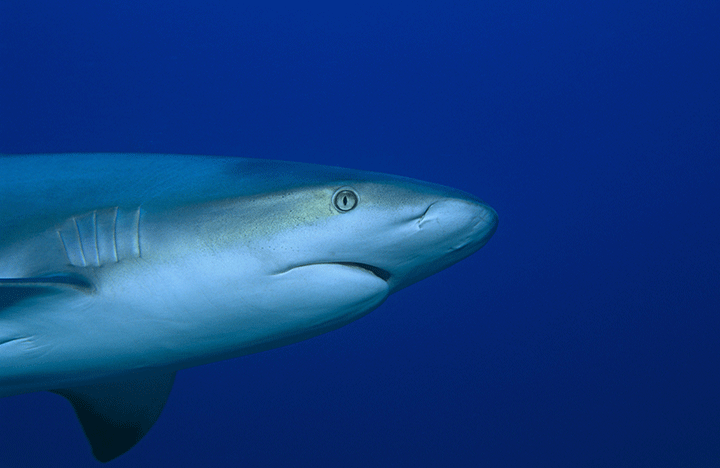PORT-AU-PRINCE, Haiti – The Caribbean boasts two new shark sanctuaries as the Cayman Islands and St. Maarten on Wednesday declared their territorial waters covering some 119,631 square kilometres closed to all commercial shark fishing.

During a three-day shark conservation meeting in the Dutch Caribbean country of St. Maarten, the popular diving destinations announced protected areas for the endangered marine predators along with officials from Pew Charitable Trusts and billionaire ocean advocate Richard Branson.
READ MORE: Caught on camera: Shark rescued after washing up on Hawaii beach
The two new protected areas for sharks in the Caribbean brings the global number to 14, according to Pew, a Philadelphia-headquartered non-profit that has worked with governments around the world since 2009 to establish shark sanctuaries.
Half of the protected zones for sharks are now in the Caribbean. And the islands of Grenada and Curacao are vowing to pass legislation to create sanctuaries in their waters as well.
WATCH: Caught on camera: Shark rescued after washing up on Hawaii beach

Virgin Group founder Branson applauded the Caribbean governments for creating new protected areas and he encouraged other nations and
territories to follow suit to establish a region-wide shark sanctuary in the region of scattered islands that has 10 per cent of the world’s coral reefs and over 1,000 species of fish and marine mammals.

Get daily National news
“The bold action taken by Caribbean governments to fully protect sharks in their waters is truly commendable,” Branson said in an email.
Pew said other regional shark and ray sanctuaries have been created in the Bahamas, British Virgin Islands, Honduras, Saba and Bonaire.
Luke Warwick, director of Pew’s global shark conservation campaign, said sharks play a critical role in maintaining the health of marine ecosystems. He said catching the top predators for their fins, liver oil, cartilage and other parts can have serious impacts on “more commercially significant fish species and the overall health of the marine environment.”
READ MORE: WATCH—This is what thousands of migrating sharks looks like
The slow-growing creatures are a far cry from the insatiable human-killing machines portrayed in some movies, he said.
“Sharks pose little danger to humans, but they do support profitable dive and snorkel tourism worldwide wherever they are still found in significant numbers,” Warwick told The Associated Press.
Irania Arrindell, St. Maarten’s minister of tourism and economic affairs, agreed. In a statement, she said the newly declared shark
sanctuary will help to ensure that local shark populations “exist for future generations and continue to benefit St. Maarten’s marine
ecosystem and ecotourism.”
Roughly 100 million sharks are killed every year and Pew states that without strong action worldwide species could vanish in coming
decades.
It wasn’t immediately clear precisely how Cayman and St. Maarten intends to enforce the rules of the sanctuaries. But Warwick said training for law enforcement, port officials, and customs personnel will be conducted “to ensure that these essential new laws are “fully enforced.”







Comments